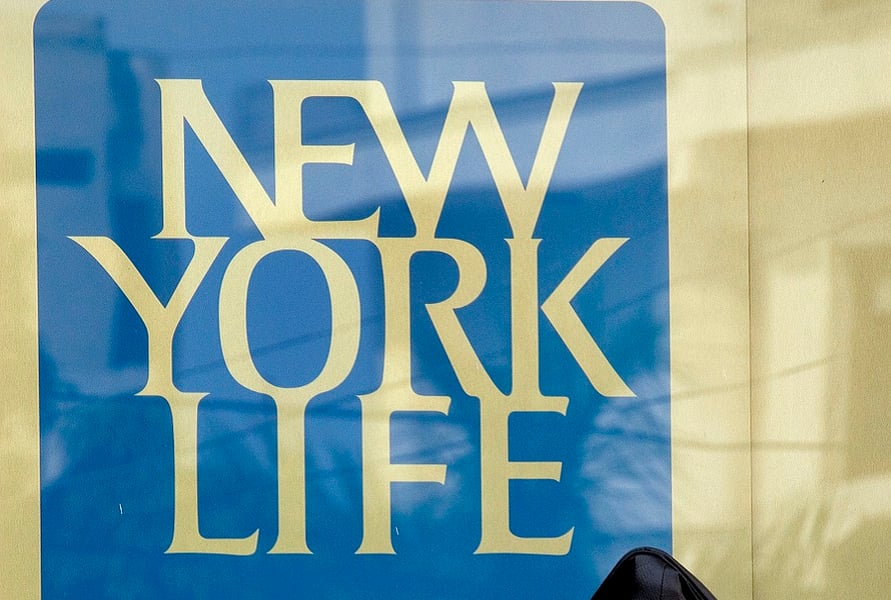New York Life Insurance Co. is the newest member to the ever-growing list of asset managers and retirement plan providers being sued by their employees for fiduciary breach in the company 401(k) plan.
Current participants in two New York Life 401(k) plans filed a class-action lawsuit — Andrus et al v. New York Life Insurance Company et al — alleging self-dealing by the firm and other affiliated fiduciaries for retention of a MainStay-branded S&P 500 index mutual fund in two company retirement plans.
The MainStay brand of funds is owned and operated by New York Life and subsidiaries, and the entities “improperly and unjustly benefited from the excessive fees and expenses,” according to the complaint, filed July 18 in the U.S. District Court for the Southern District of New York.
“A prudent fiduciary managing the plans in a process that was not tainted by self-interest would have removed the MainStay S&P 500 Index Fund from the plans,” the complaint said.
Rather, by not investigating availability of lower-cost funds between 2010 and the present, plan fiduciaries breached their duties of loyalty and prudence under the Employee Retirement Income Security Act of 1974, plaintiffs allege.
The MainStay fund cost 35 basis points, whereas a similar mutual fund offered by Vanguard Group cost 2 bps and a collective investment trust fund offered by and State Street Global Advisors cost 4 bps, the complaint said.
Retaining the MainStay fund ultimately caused participants in the two 401(k) plans — the $2.5 billion Employee Progress-Sharing Plan and the $600 million Agents Progress-Sharing Plan — to overpay by nearly $3 million, plaintiffs claim.
They say that of the 750 defined-contribution plans with more $1 billion in assets, none other than New York Life's two plans (which are identical and have an aggregate $3 billion-plus) offered the MainStay fund. However, more than 250 plans offered the Vanguard Institutional Index Fund, and at least 70 plans offered State Street's CIT.
New York Life spokesman Kevin Maher said the firm has “a robust process, including the use of an independent consultant, for selecting investment options to include on the platform, and we are in full compliance with the duties we owe to our retirement plan participants.”
RIPE TARGETS
Asset managers and record-keeping firms are increasingly being targeted by employees over their own retirement plans. Earlier in July, American Century Companies Inc., the parent of American Century Investments, was
sued for self-dealing related to proprietary fund offerings in its 401(k) plan.
That followed on similar suits filed last year against Allianz Global Investors, Pacific Management Co. and their parent company Allianz Asset Management, as well as another against Putnam Investments.
Other asset managers such Waddell & Reed Financial Inc. and MFS Investment Management, which have 401(k) plans loaded with proprietary funds,
are ripe targets for litigation, lawyers say.
More broadly, 401(k) lawsuits alleging fiduciary breach for excessive fees have proliferated in the last decade or so, as such legal matters have generally met success and paid out big settlements to plaintiffs and their attorneys.
Massachusetts Mutual Life Insurance Co. and Transamerica settled allegations involving their retirement plans this year, for $31 million and $3.8 million, respectively. Ameriprise Financial and Fidelity Investments also paid out multimillion-dollar settlements over the past two years.
The largest settlement, for $62 million, was
paid last year by Lockheed Martin Corp.
The New York Life suit was filed by the law firm Nichols Kaster, which is very familiar with these types of self-dealing cases — it is representing plaintiffs in the cases against American Century, Allianz and Putnam.
Updates earlier version of story to include comment from New York Life spokesman.







